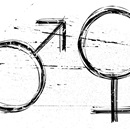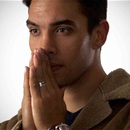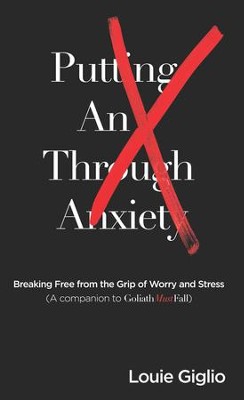The Fire Hose
Description
There are two sides to Christianity. Think of it like two parts of a fire hose—the spout and the knob you turn to get the water flowing. Both parts must exist for the hose to work correctly.
One part we're pretty familiar with, even if we aren't familiar with the word itself—orthodoxy. Orthodoxy simply means "right beliefs." If we're checking our orthodoxy, that means we're checking what we believe and lining it up with the Bible. This is good. Like 2 Peter says, we should pay attention to the words of God "as to a lamp shining in a dark place" (1:19). Like moths to a flashlight, we should flock to the light of the Bible. We all know this.
The less familiar part of Christianity? Orthopraxy. It's a word we almost never use, but it's just as important as orthodoxy. Orthopraxy translates to "right doing" or the correct application of our beliefs. If Christianity is a fire hose, orthodoxy would be the knob that would fill the hose with water and give it purpose. Orthopraxy, on the other hand, would be the part that showers the water on the world. It's the living-out-what-we-believe part.
But what is "right practice"? We know on a personal level what some forms of orthopraxy look like:
- gathering with the people of God in the church
- obeying and submitting to parents
- loving other people
While godliness and holiness require the same behavior, God places each of us with different talents and different opportunities. What should orthopraxy look like in your life? What does the call to "love your neighbor as much as you love yourself" look like? How should it play out for you?
I know it's easy to look at our lives and count all the areas in which we're doing "pretty good," or in which it looks like good orthopraxy. But what about the areas that need to change? What about that girl you really love to dislike? How could you serve her? How could you re-align your actions to fit with the orthodoxy—the truth of the Bible—that you know?
 Overcome challenges with guided prayer, journal prompts, and God’s wisdom using iDisciple Growth Plans.
Overcome challenges with guided prayer, journal prompts, and God’s wisdom using iDisciple Growth Plans.

-12.png)







